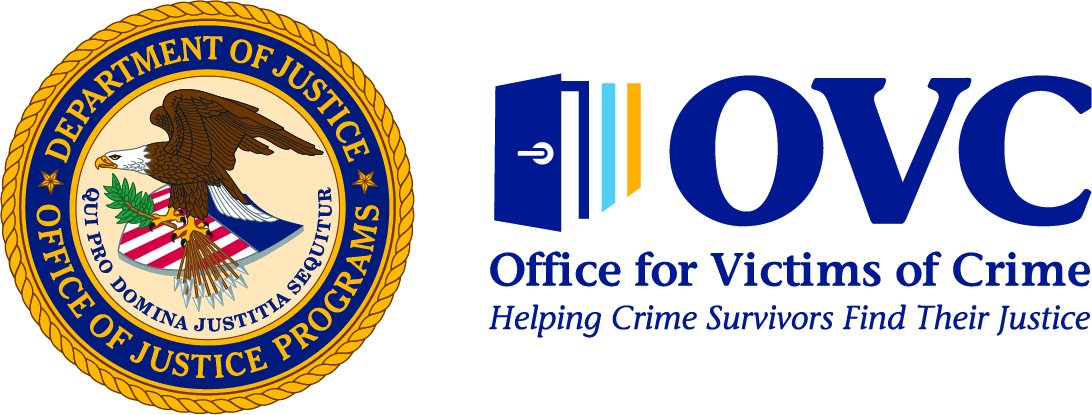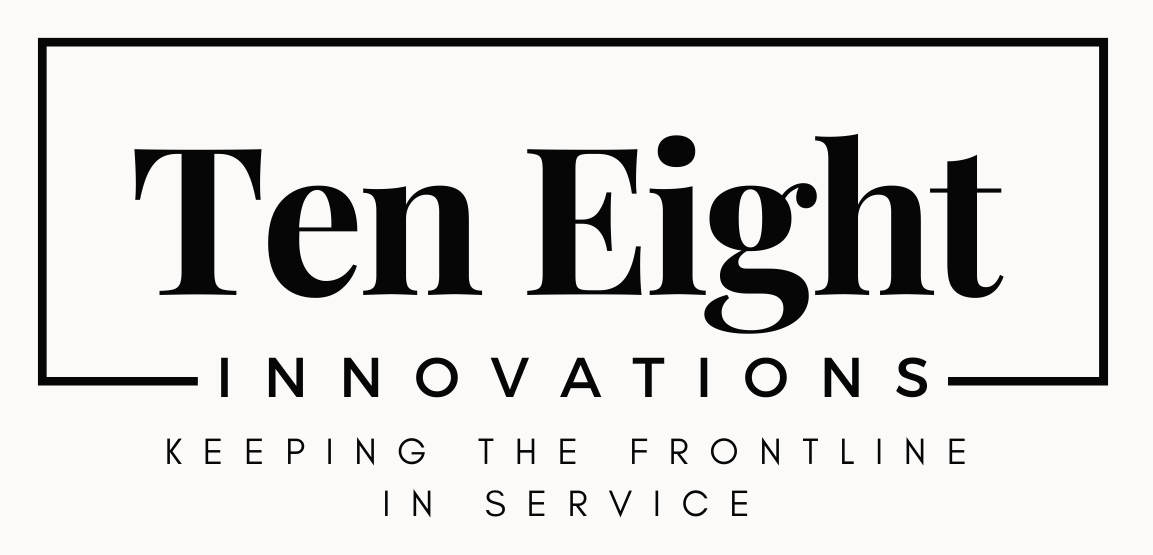Project HOPE
The Fostering Resilience and Hope Initiative: Bridging the Gap Between Law Enforcement and the Community—known as Project HOPE—was introduced by the Department of Justice (DOJ) Office for Victims of Crime (OVC). Project HOPE is a three-year demonstration initiative on infusing the science of hope to build protective factors and assist law enforcement in addressing burnout, trauma, and adversity to improve officer well-being and community connections.
What Is Hope Science?
Hope science is an evidence-based practice built on the findings that hope is a leading factor in well-being. More than 2000 studies have been conducted to date on hope science, exploring its impact on workforce resilience and well-being across a range of systems, including child welfare, domestic violence, STEM education, and more.
Hope science is more than wishful thinking—it is the belief the future will be better than today, and you play a role in making your future possible. Hope is based on three simple ideas: Goals, pathways, and willpower. Hope, or hopeful thinking, is the future expectation that we can set valued goals, identify the pathways or roadmaps to achieve those goals, and manage the willpower to pursue our goals.
A Hope Science Curriculum
For the last 15 years, research at the University of Oklahoma’s Hope Research Center has focused on understanding the role of hope as a coping resource vital to the well-being of individuals and organizations. This research has led to the development of the Hope Centered and Trauma Informed® research-based curriculum.
Through Project HOPE the curriculum is currently being shared with 15 law enforcement agencies across the U.S. to improve workforce retention and officer well-being and to enhance community connections. This training is designed to empower the participants to develop and implement strategies to infuse hope within their departments. These skills will help officers mitigate the burnout and secondary traumatic stress they experience in regularly responding to acts of violence and high-risk situations. Participants also will learn about a hope-centered, trauma-informed framework related to equity, diversity, and inclusion for addressing trauma and adversity and strengthening community ties.
The design of the work is to learn collaboratively about how a trauma-informed, hope-centered framework and EDI principles can assist law enforcement officers in addressing trauma and adversity in order to improve well-being and build trust within their communities. The overall goal of the initiative is to build a community of practice, with hope science as a backdrop, to facilitate collaboration, innovation and a learning community around law enforcement workforce resilience and community engagement.
Participating Agencies
- Denver Probations/Corrections Department – Colorado
- Arvada Police Department – Colorado
- Marion County Sheriff’s Office – Indiana
- Ann Police Department – Missouri
- Reno Police Dept – Nevada
- City of Burlington Police Department – New Jersey
- New York City Dept of Corrections – New York
- Chautauqua County Sheriff’s Department – New York
- North Carolina Dept of Adult Correction – North Carolina
- North Carolina Dept. of Probation/Parole – North Carolina
- North Carolina Dept. S.H.I.E.L.D. – North Carolina
- Cleveland Clinic Police Department – Ohio
- Multnomah County Sheriff’s Office – Oregon
- Prince William County Police Department – Virginia
- Milwaukee Police Department – Wisconsin
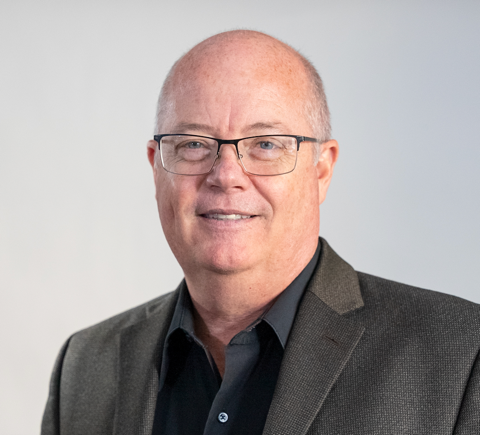
Chan Hellman
Founder
Chan Hellman LLC

Angela Pharris
Assistant Professor
Anne & Henry Zarrow School of Social Work
University of Oklahoma
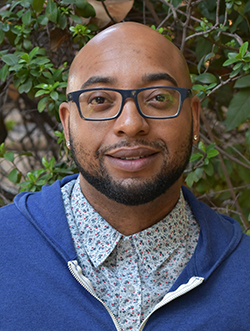
Romero Davis
Senior Director of Practice Excellence
Social Current
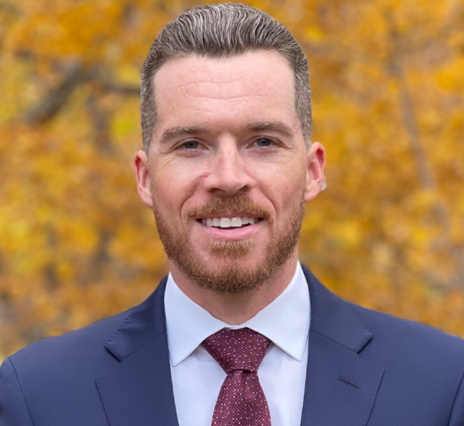
Josh Friedman
Founder and Lead Consultant
Ten Eight Innovations

Laura Pinsoneault
President and CEO
Evaluation Plus
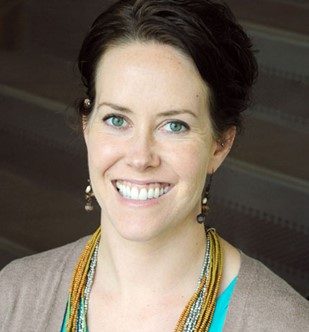
Kristen Gardner-Volle
Research and Evaluation Associate
Evaluation Plus

Jennifer Devlin
Communications Consultant
Newsroom
- Observer Today Op-Ed: Hope science can benefit law, area by Sheriff James B. Quattrone
- American Police Beat Op-Ed: How Hope Science Can Help Law Enforcement Better Engage with Communities
- Let’s Talk Impact Podcast Episode: Resilience Featuring Romero Davis of Social Current and Stacy Phillips of the Department of Justice Office for the Victims of Crime
- Press Release: Social Current awarded DOJ Cooperative Agreement to Bridge Gap between Law Enforcement and Community
- TedX Oklahoma City: The Science and Power of Hope given by Chan Hellman
- PERFcast: The Official Podcast of the Police Executive Research Forum:
- Building Public Trust Episode 3: Law Enforcement and Community Views on Building Public Trust
- Building Public Trust Episode 4: Challenges to Building Trust and Ways to Overcome Them: Part One and Part Two
- Building Public Trust Episode 5: Building Trust with Youth
- Police1 Op-Ed: Protecting America’s Law Enforcement: The Science of Hope as a Framework for Mitigating Burnout and Promoting Well-Being by Chan Hellman and Romero Davis
- A Badge of Honor Podcast Episode 60 with Katie Carlson Director of Wellness Marion Co. Sheriff’s Office
- Evalution+ Blog Post: Hope is the Answer [It’s Also Rooted in Science] by Laura Pinsoneault, PhD
- Police Professional Op-Ed: How the Science of Hope can Prevent Burnout in Policing by Chan Hellman and Josh Friedman
Disclaimer: This product was supported by cooperative agreement number 15POVC-21-GK-00657-NONF, awarded by the Office for Victims of Crime, Office of Justice Programs, U.S. Department of Justice. The opinions, findings, and conclusions or recommendations expressed in this product are those of the contributors and do not necessarily represent the official position or policies of the U.S. Department of Justice.

